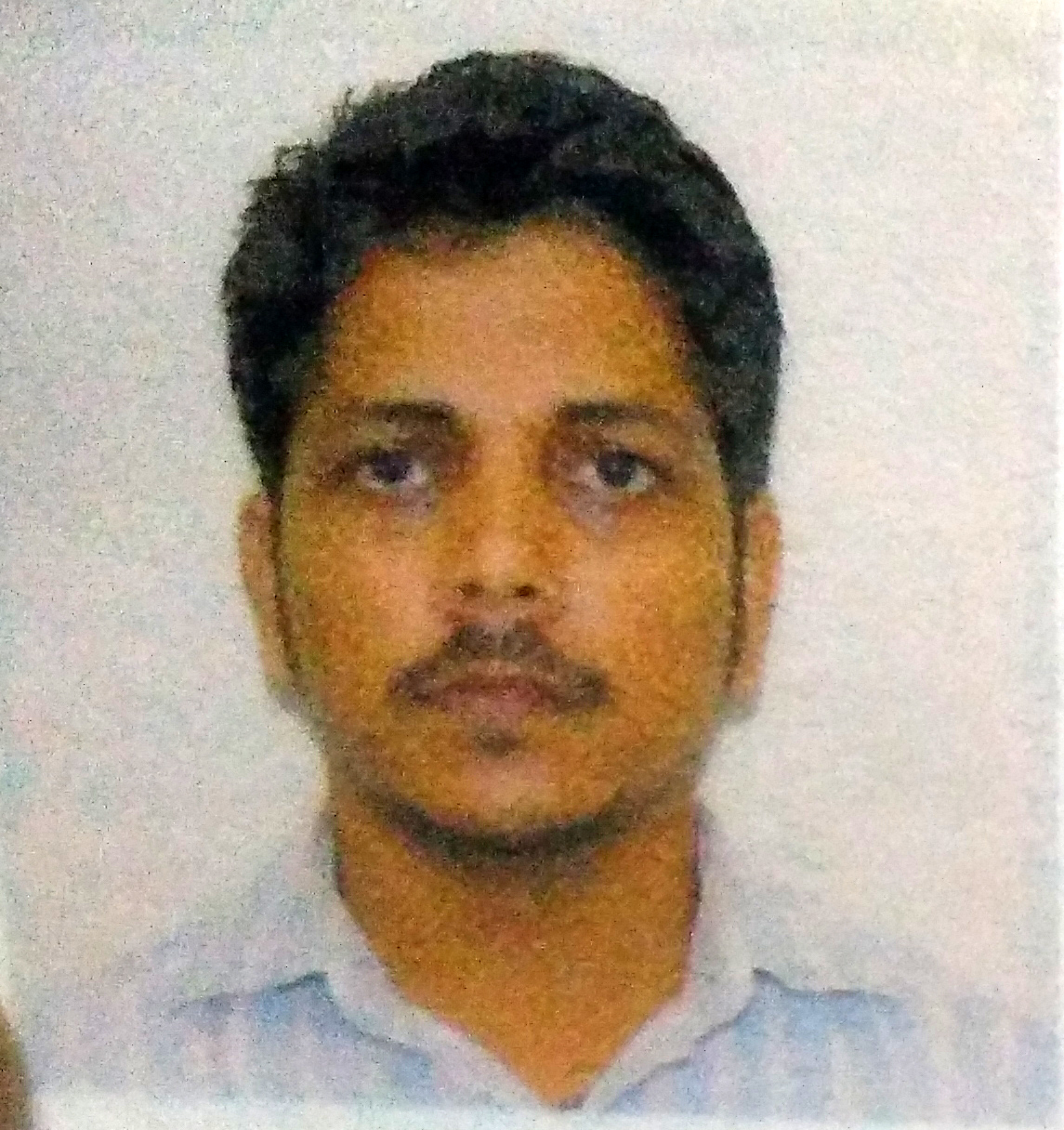India’s Central Marine Fisheries Research Institute (CMFRI) will host a symposium on using satellite technology to improve the yields and processes of its marine fisheries sector.
CMFRI has teamed with SAFARI (Societal Applications in Fisheries and Aquaculture using Remote Sensing Imagery), an international project developed by the United Nations’ “Oceans and Society: Blue Planet’ initiative, under the umbrella of the Group on Earth Observation (GEO).
As part of the framework agreement, CMFRI will host the second international symposium of SAFARI in Kochi, Kerala, India from 14 to 18 January, 2018.
CMFRI said in a statement that the symposium, “Remote Sensing for Ecosystem Analysis and Fisheries,” will seek to find ways and means to apply remote sensing techniques in areas such as aquaculture, harvest fisheries, fisheries management, and fishery environment, as well as ecology, fresh water, estuarine and marine fisheries, and socio-economics.
CMFRI Senior Scientist Grinson George told SeafoodSource that though India has vast coastlines, “We are unable to predict the fish abundance and there is a delay in assessing the areas of abundance and its dissemination to fishermen.”
India’s wild-catch fisheries operations could benefit from predictive modeling so they can better plan their harvesting, and from better use of India’s satellite infrastructure to help fishermen locate bigger catches, George said.
CMFRI’s partnership with SAFARI will focus on the study of areas of fishing grounds and critical habitats to better understand how ocean phenomena such as changes in sea-surface temperature affect fish populations. The groups will also study changes occurring in the ocean ecosystem owing to climate change and how those may affect fish abundance and behavior.






